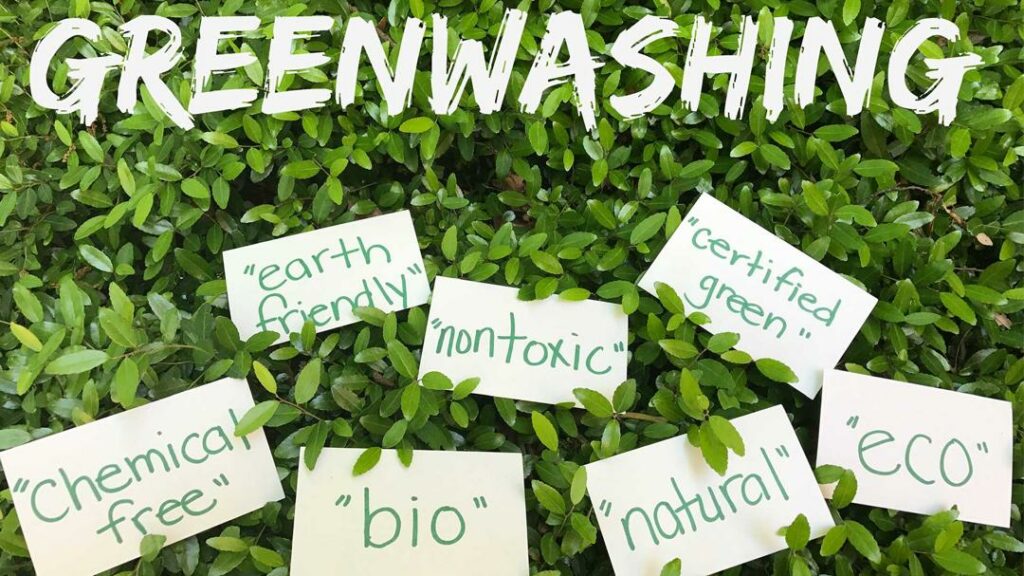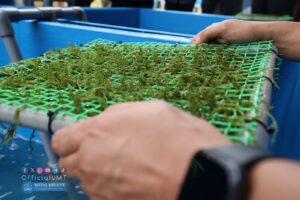
Consumers need to be more aware of manufacturers’ greenwashing manipulation
Sunday, 17/11/2024
Share This Article :
The world is being more exposed to climate uncertainty and extreme weather. The latest data shows that the greenhouse destruction and the rise in global temperature have contributed to phenomena such as big floods, sea level rise, and threats to marine lives. These situations present challenges in the effort to maintain environmental sustainability and to have the global society become more concerned towards nature. However, as the awareness has been increasing, there is now a phenomenon involving the manipulation of sustainability or more popularly known as greenwashing.
In the context of product marketing, many manufacturers are now using terms like eco-friendly, green living, go green and so forth to present their products as being environmentally friendly. However, the latest study has discovered that all manufacturers actually practice a sustainability approach in the manufacturing of their products. The truth is they only use the tagline as a marketing tactic to deceive consumers into buying their products although these products do not provide the true benefits to the environment. This phenomenon is called greenwashing, and the practice not only deceives consumers, it also contributes to the environmental degradation when consumers unintentionally provide support by making a purchase without realizing the truth about the products.
Relevant parties need to draft a constructive evaluation to prevent the greenwashing manipulation problem especially in the industry. The involved agency has to set sustainability rules and guidelines to ensure that the “green” claim made by companies or products is valid and effective, not just a marketing strategy.
This step is important to prevent greenwashing, where companies make false or confusing claims regarding their sustainability effort without having real significant benefits to the environment.
Consumers have a big role in determining the future of sustainable product manufacturing particularly through their spending pattern and support towards certain products. However, greenwashing has made consumers victims of manipulative marketing tactics that have caused negative effects on the environment. When consumers buy products believed to be environmentally friendly, the manufacturers are led to falsely believe that their products are supported, and they will continue to operate without making a true contribution to the environmental sustainability. Therefore, it is important for consumers to be more careful and prudent when evaluating the products they purchase.
Consumers need to pay more attention to certain aspects of product sustainability including those concerning the environment, social, and governance (ESG), which are used to evaluate a company’s sustainability. By examining and understanding the ESG reports, consumers can see the efforts taken by companies to reduce the negative effects towards the environment, maintain employees’ welfare, and adhere to good corporate governance. This is one of the approaches that can help consumers evaluate the genuineness of companies’ commitments towards the environment, thus enabling themselves to not fall into the trap of greenwashing.
Prepared by Dr. Siti Nurain Muhmad, Governance, Corporate, Islamic Finance Lecturer, Faculty of Business, Economy, and Social Development, Universiti Malaysia Terengganu.

















